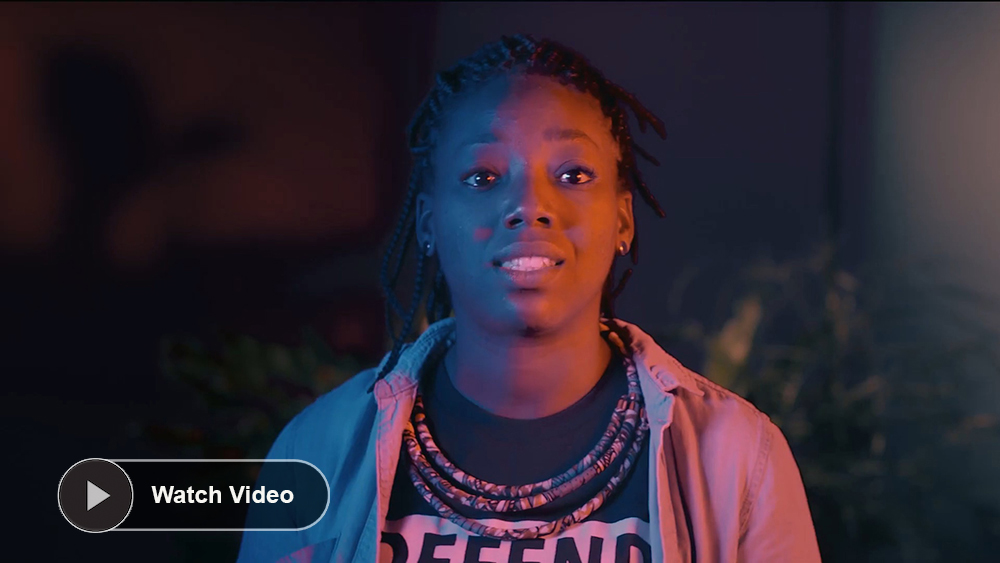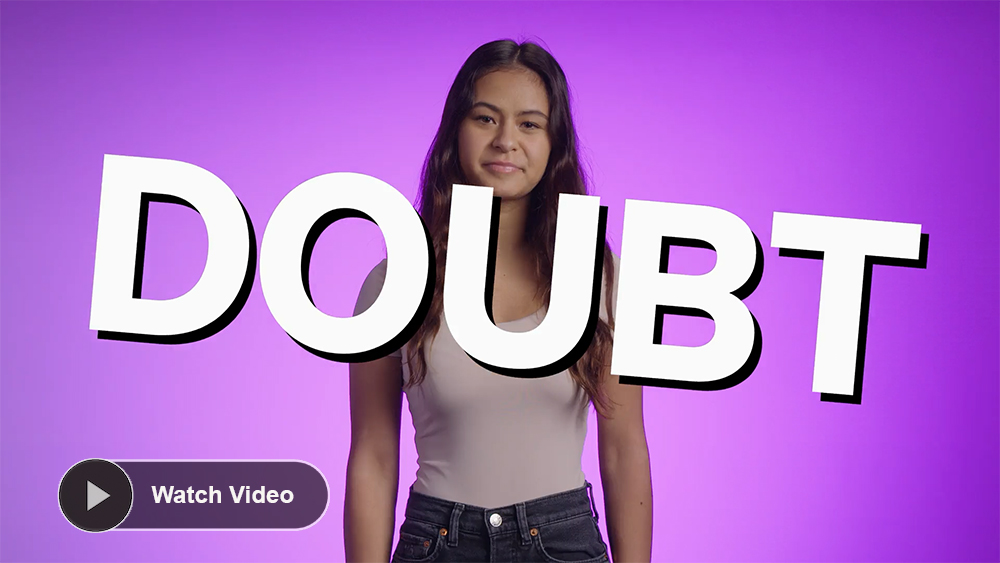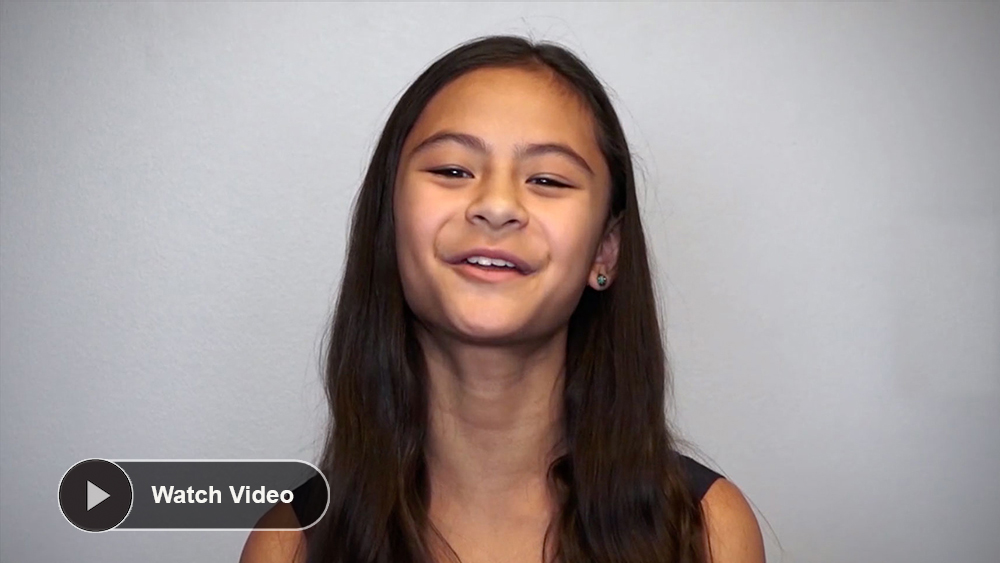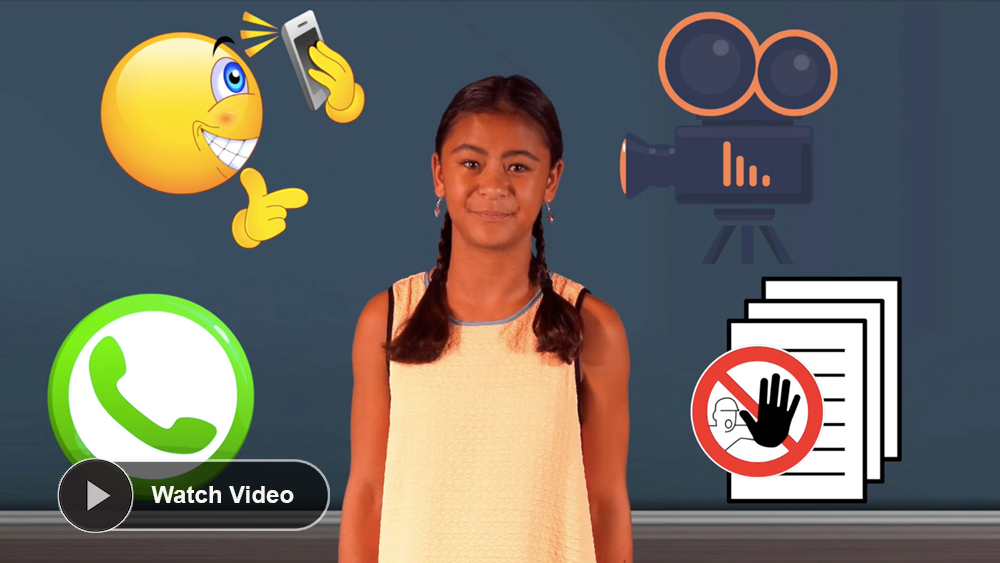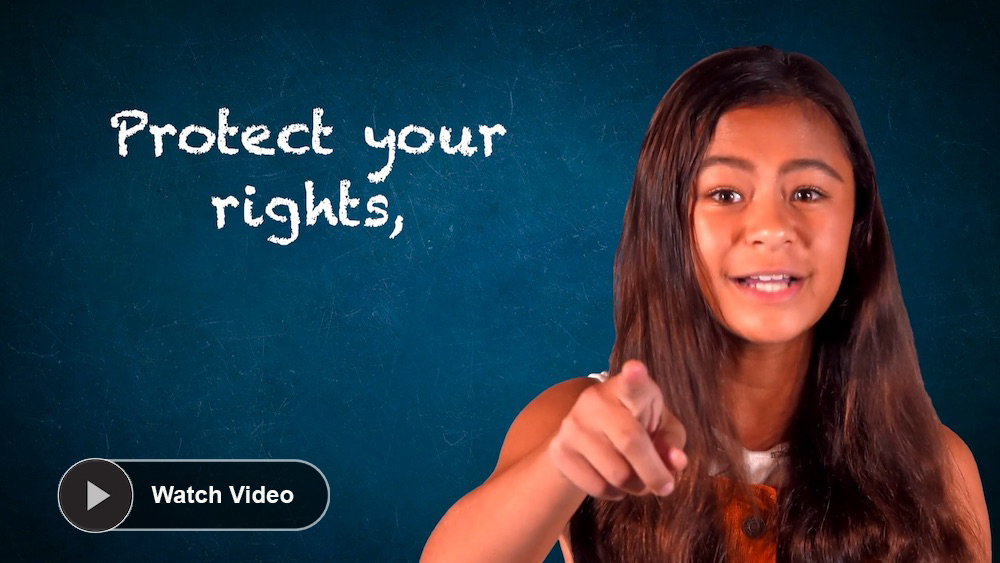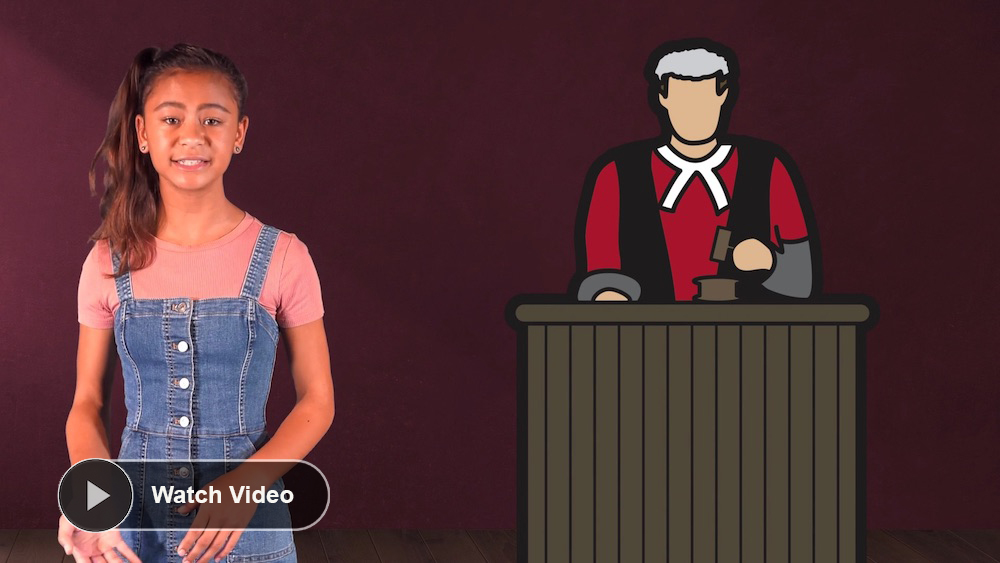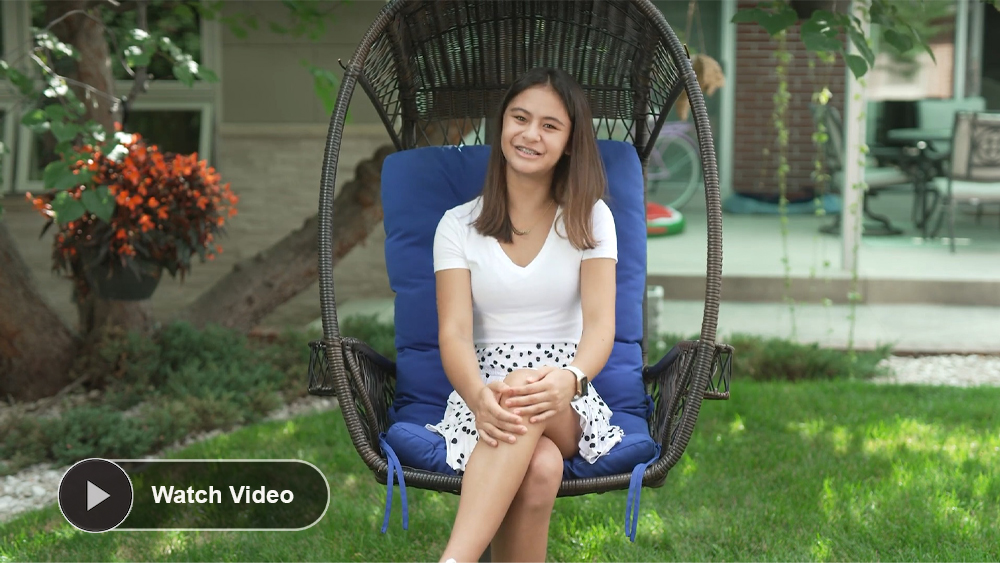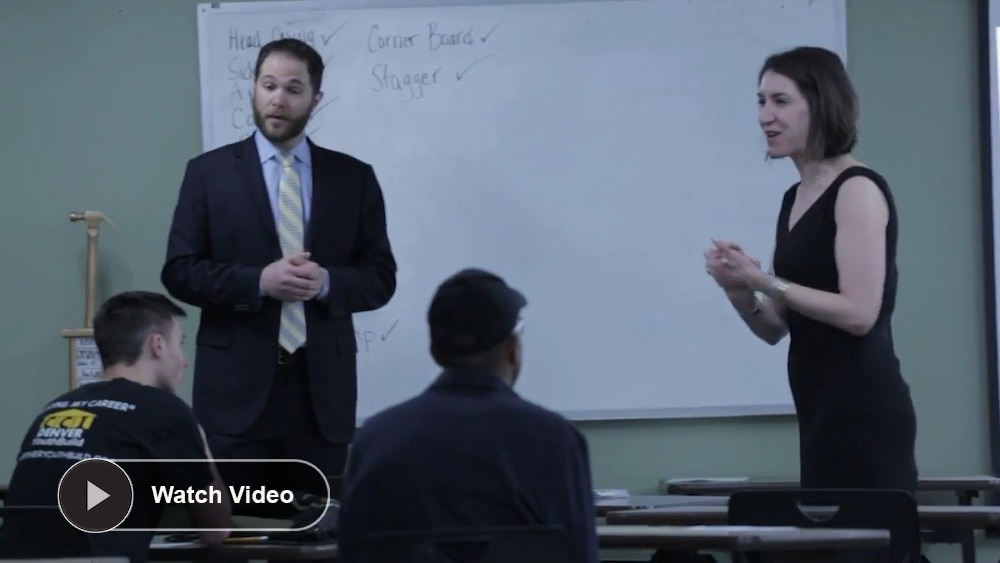
Videos
These videos provide targeted answers to common questions many people have with regard to the police, their investigations, and the rights we all have as residents of the United States. If you are a teacher or school administrator whose students are interested in learning more about their constitutional rights, schedule a LYRIC presentation!
Cell Phones and the Right to Privacy
Being arrested is a terrifying experience! Lost in all the confusion can be property that police want to investigate or seize. Your phone is your life. It has a lot of sensitive information on it, and it can be a nightmare when it is confiscated by the police. After all, that information can be used against you! Kinaree Eichner goes over the right to privacy in these situations.
The Steps of a Criminal Case, Part I
Kinaree Eichner explains the steps of a criminal case. With this lesson, you can make the best choices to protect your rights and your freedom if you are ever confronted with criminal charges. Kinaree covers arrest, Miranda rights, booking, bail, and the advisement hearing. Remember, you have the right to remain silent!
What is the Constitution?
You might have heard of the Constitution on TV, in the news, or in history class. But what is it exactly? First, the history: it all started back in 1788 when a group of representatives from each of the American colonies came together to form a new, united government. These representatives are often referred to as the “founding fathers” – and they met to write the Constitution, which is, by the way, 4,543 words long, but who’s counting?
What is the Difference between the Constitution and the Bill of Rights?
The Constitution set up rules and regulations for the U.S. government, but it didn’t really talk about what the government can do to you or for you. So, two years after the Constitution was written, the founding fathers agreed to add 10 new “amendments.” An amendment means an addition. They didn’t want to change the Constitution, so instead, they added new sections.
Police Encounters, Arrest Warrants, and Search Warrants
An arrest warrant is a piece of paper signed by a judge that allows the police to arrest you and take you to jail. But to get that arrest warrant the police need more than just suspicion. They would need to explain to a judge that they have a good reason to believe you committed a crime. That is called “probable cause.” That means that a reasonable person would be believe that criminal activity has taken place. That arrest warrant is based on the 4th amendment and is supposed to protect you from unlawful arrest.
The Story of LYRIC
Colorado Public Television presents the story of Hannah Seigel Proff, co-founder of LYRIC, Learn Your Rights in Colorado (now Learn Your Rights in the Community). LYRIC is designed to help youth to learn their constitutional rights in classrooms, community settings, and juvenile justice facilities.

